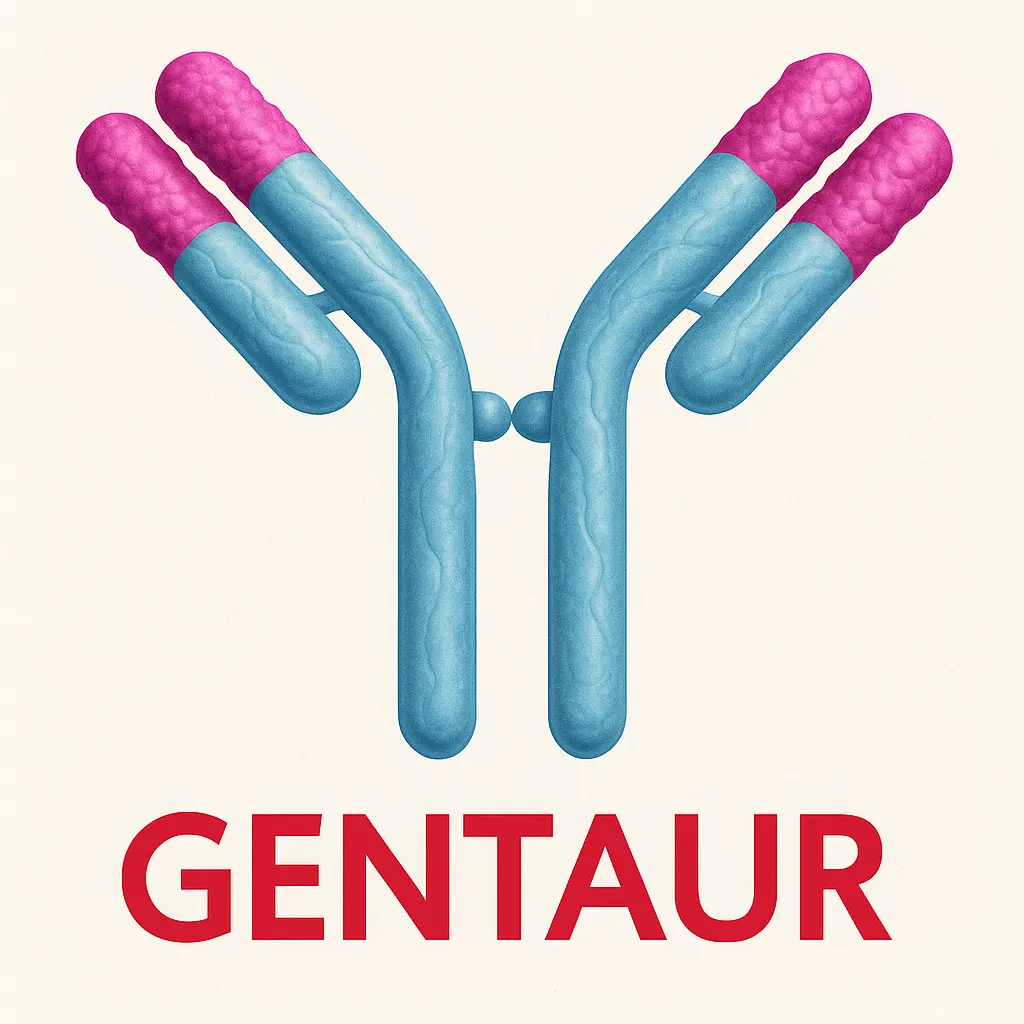ELISA CTNNA1 anti-
Quantity:100µg
Purification:Protein A+G purification
Form:liquid
Purity:?95% as determined by SDS-PAGE
Host:Mouse
Clonality:monoclonal
Clone ID:0A11
Isotype:IgG1
Storage:PBS with 0.02% sodium azide and 50% glycerol pH 7.3,-20? for 12 months(Avoid repeated freeze / thaw cycles.)
Background:Associates with the cytoplasmic domain of a variety of cadherins. The association of catenins to cadherins produces a complex which is linked to the actin filament network, and which seems to be of primary importance for cadherins cell-adhesion properties. Can associate with both E-and N-cadherins. Originally believed to be a stable component of E-cadherin/catenin adhesion complexes and to mediate the linkage of cadherins to the actin cytoskeleton at adherens junctions. In contrast, cortical actin was found to be much more dynamic than E-cadherin/catenin complexes and CTNNA1 was shown not to bind to F-actin when assembled in the complex sµggesting a different linkage between actin and adherens junctions components. The homodimeric form may regµLate actin filament assembly and inhibit actin branching by competing with the Arp2/3 complex for binding to actin filaments. May play a crucial role in cell differentiation.
Immunogen:catenin(cadherin-associated protein), alpha 1, 102kDa
Synonyms:Alpha E catenin, Cadherin associated protein, CAP102, Catenin alpha 1, CTNNA1
Observed MW:95-100 kDa
Uniprot ID:P35221
Reactivity:, Mouse
Tested Application:ELISA, WB, IHC
Recommended dilution:WB: 1:500-1:2000; IHC: 1:50-1:1000
Gene ID:1495
Research Area:cancer, Signal Transduction, stem cells
Our latest content
Check out what's new in our company !
Your Dynamic Snippet will be displayed here... This message is displayed because you did not provide both a filter and a template to use.

